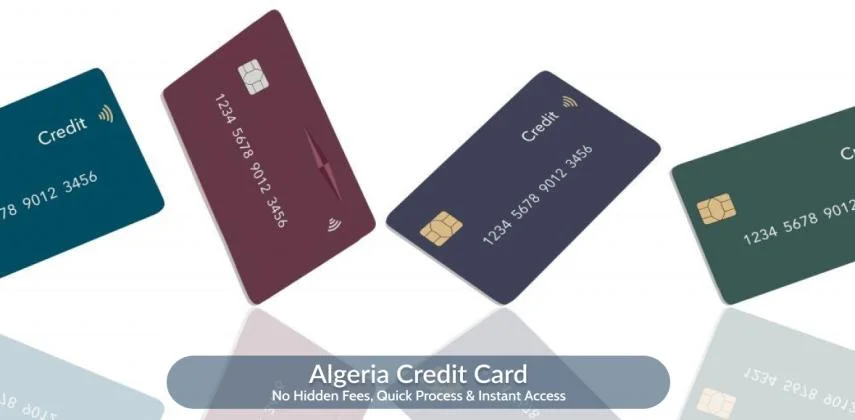
The Bank of Algeria has announced a major reform in the country’s electronic payment system, mandating that the Algerian dinar become the sole currency for all digital transactions.
The move, formalized through Instruction No. 06 on August 17, 2025, aims to strengthen monetary sovereignty, safeguard payments, and enhance overall financial stability.
Under the new regulation, all payment accounts must be formalized through a written agreement, and a receipt is now compulsory for every transaction made in dinars.
Payment service providers (PSPs) are prohibited from accepting any foreign currency and remain fully accountable to the Bank of Algeria for compliance, even when certain tasks are delegated to agents.
“This instruction underlines the importance of the national currency, which guarantees economic stability and control over financial flows,” a bank official explained.
The instruction also introduces a structured system for account management, requiring customer deposits to be held in separate accounts exclusively denominated in dinars, distinct from providers’ own resources.
Three tiers of accounts have been defined based on transaction ceilings and identity verification requirements.
The first tier allows balances up to 100,000 dinars with basic identification. The second tier, with a ceiling of 500,000 dinars, demands additional supporting documents, while the top tier permits balances of up to 1 million dinars and requires comprehensive screening, including proof of income and videoconference authentication.
These new accounts differ from traditional bank accounts, focusing entirely on the national currency to guarantee transparency, secure transactions, and confidence in electronic payment services.
The Bank of Algeria will closely monitor compliance to ensure these measures reinforce the stability of the country’s financial system.
Analysts say the move reflects Algeria’s broader strategy to assert control over financial flows, curb the use of foreign currencies in domestic transactions, and modernize its digital payment infrastructure amid growing electronic commerce.



